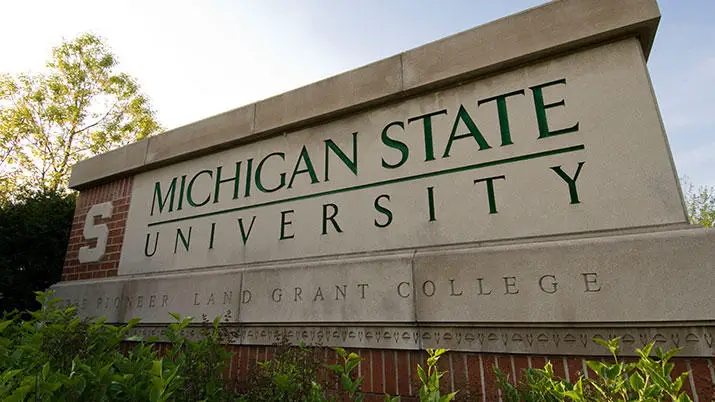Thanks to $404,873 grant from National Science Foundation, researchers at the Michigan State University will be studying how the information was spread during and following the Hurricane Maria that hit Puerto Rico last year.
The research assumes importance, as the major power lines and means of communication were either down or destroyed during the hurricane.
“A well-equipped free press that reports on important issues facing the country is essential in maintaining a well-informed citizenry,” Bruno Takahashi, an associate professor and co-director of journalism graduate studies, said.
“In times of crisis, this role gets magnified as information provided by the news media serves functions in the prevention and response phases of a disaster.”
Earlier, Michigan researcher Yadira Nieves-Pizarro did a preliminary research on the topic and established the important role played by the radio during the hurricane.
The university has decided to send its researchers to Puerto Rico in January to conduct further research by interviewing reporters, local residents and collect documents from news organizations.
Manuel Chavez, Michigan’s director of the Information and Media Ph.D. program, believes that the topic will immensely help policymakers and journalists.
“For us to be granted this money is a fantastic opportunity, and we are more than thankful they thought that our proposal could help journalists and policymakers,” Chavez said.
“It’s a wonderful opportunity to help people and governments figure out what to do when natural disasters the size of [Hurricane] Maria hit any state in the U.S.”



